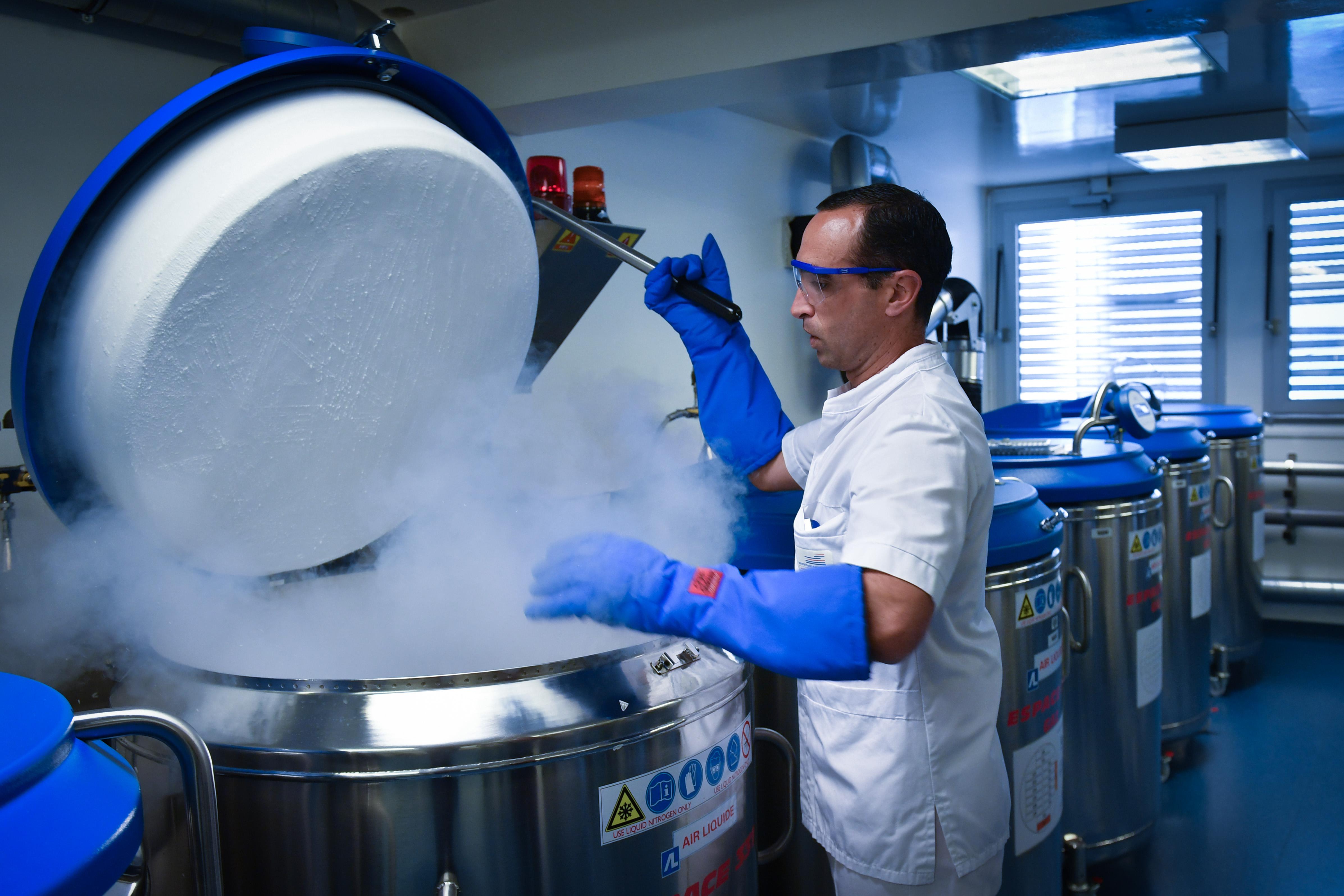Injectable Nanotech Manages Diabetes for Days at a Time

What’s the Latest Development?
A new solution of particles at the nano scale has been developed by a consortium of American universities that, in mice, has proven effective at controlling type 1 diabetes for days on end. “When the solution of coated nanoparticles is mixed together, the positively and negatively charged coatings are attracted to each other to form a “nano-network.” Once injected into the subcutaneous layer of the skin, the nano-network holds the nanoparticles together and prevents them from dispersing throughout the body. Both the nano-network and the coatings are porous, allowing blood—and blood sugar—to reach the nanoparticle cores.“
What’s the Big Idea?
Currently, diabetes patients must take frequent blood samples to monitor their blood-sugar levels and inject insulin as needed to ensure their blood sugar levels are in the ‘normal’ range. However, these injections can be painful, and it can be difficult to determine the accurate dose level of insulin. “This [new nanotechnology] effectively creates a ‘closed-loop’ system that mimics the activity of the pancreas in a healthy person, releasing insulin in response to glucose level changes,” said Dr. Zhen Gu, lead author of a paper describing the work. “This has the potential to improve the health and quality of life of diabetes patients.”
Photo credit: Shutterstock.com





